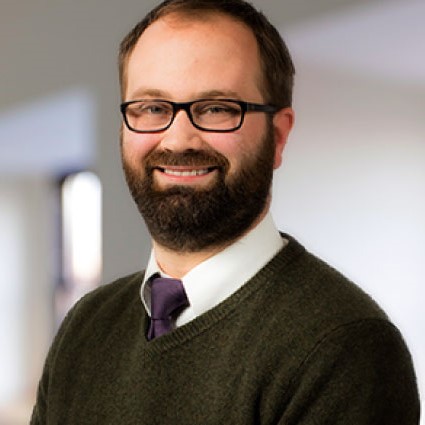For many veterans and service members returning from deployment, not having their "team," their battle buddies around is very difficult. Everything seems to be about the individual. Capitalizing on this team unity mentality, providers at the Road Home Program understand that more healing will happen when people are working on individualized therapies as well as group therapies and activities. Once again, they have each other's backs.
Brian Klassen, PhD, is the Clinical Director of the Road Home Program, part of the Wounded Warrior Project's Warrior Care Network.
For information about treatments for PTSD please visit The Treatment Hub.
One of the things I admire most about the service members and veterans I work with is their sort of team kind of collective orientation. Right? And I think a critique a lot of them have had for society upon coming home is that it’s so individualistic, it’s so selfish, self-absorbed, in a way. And I remember a veteran told me once, there are no battle buddies out here anymore; it’s just everybody’s out for themselves. And so I think that is one of the things in a program like Road Home that we capitalize on, in a way, is that really kind of like a team kind of unit mentality. Is, you’re going through these really intense, provocative PTSD treatments as a unit, as a team, you know. And so, everybody’s there to kind of put in their work individually. That’s what you’re there for, but the kind of support and camaraderie that can develop as a result I think is also something special.
BrainLine is powered in part by Wounded Warrior Project to honor and empower post-9/11 injured service members, veterans, and their families.
About the author: Brian Klassen, PhD
Brian Klassen, Ph.D., is the Clinical Director for The Road Home Program: The National Center of Excellence for Veterans and Their Families at Rush University in Chicago, Illinois. Brian spent his formative years training at the Jesse Brown VA Medical Center, completing rotations in chronic pain management, residential substance use disorder treatment, and PTSD. Brian has special expertise in providing front-line treatments for PTSD, including Prolonged Exposure and Cognitive Processing Therapy.

